The Checkout: Beyond Meat Announces Global Partnerships With McDonald’s, Yum! Brands
Welcome to The Checkout: an express lane for weekly news you need to know, always 10 items or less.
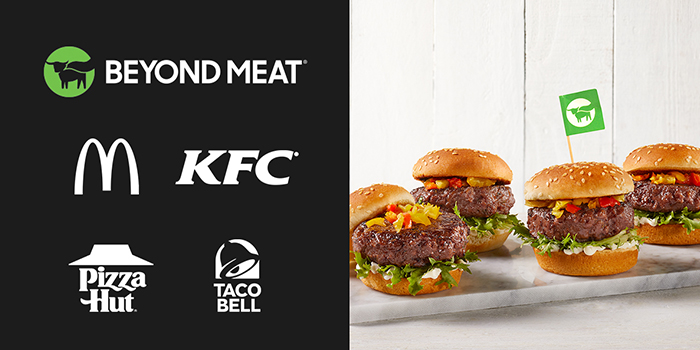
Beyond Meat Announces Strategic Global Partnerships
Beyond Meat yesterday announced strategic partnerships with both McDonald’s and Yum! Brands, the owner of fast food chains KFC, Pizza Hut and Taco Bell, to supply its plant-based meat for new menu items as well as co-create future menu innovations for the chains.
The announcement came following the release of Beyond Meat’s Q4 earnings results yesterday during which the company reported a 3.5% year-over-year increase in net revenues in Q4 but a $25.1 million net profit loss as a result of “weakened foodservice demand,” CEO and founder Ethan Brown said.
As part of the three-year McDonald’s deal, Beyond Meat will serve as the “preferred supplier” for the chain’s new McPlant plant-based burger, which is currently being tested in select global markets. Beyond Meat will also collaborate with McDonald’s to create new plant-based menu items such as alternatives for chicken, pork and egg to expand the McPlant platform. The news comes after previous confusion among investors regarding Beyond Meat’s connection with the McPlant, sparked by an announcement late last year that the McPlant was made “for McDonald’s, by McDonald’s” despite the use of Beyond Meat in its Canadian test of the McPlant.
“We are proud to enter into this strategic global agreement with McDonald’s, an exciting milestone for Beyond Meat,” Brown said in a press release. “We will combine the power of Beyond Meat’s rapid and relentless approach to innovation with the strength of McDonald’s global brand to introduce craveable, new plant-based menu items that consumers will love.”
Beyond Meat will also work with Yum! Brands to create exclusive plant-based menu items, a move the chain said is aimed at appealing to flexitarian consumers. The strategic partnership follows several collaborations with the company’s portfolio of fast food chains. KFC tested Beyond Fried Chicken in Atlanta locations in 2019 and has since expanded the menu item to other locations. Beyond Meat also partnered with Pizza Hut for the Beyond Italian Sausage Pizza and the Great Beyond Pizza nationwide in 2020.
The news follows Beyond Meat’s announcement earlier this year that it would form a joint venture with PepsiCo to develop plant-based innovations for the global snacking and beverage company.
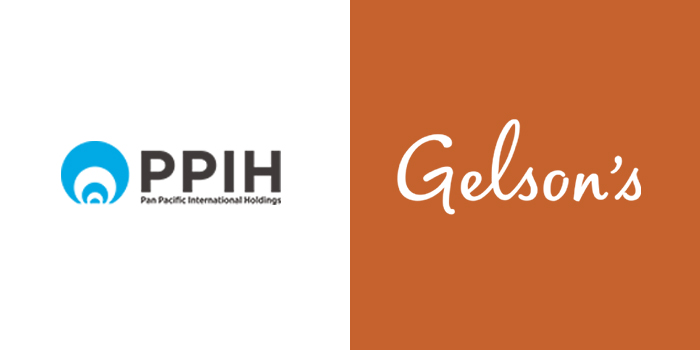
Gelson’s Acquired by Pan Pacific International Holdings
Southern California-based supermarket chain Gelson’s announced this week that Pan Pacific International Holdings (PPIH) will acquire the company from TPG Capital. Terms of the deal were not disclosed, but it is expected to close in the second quarter of 2021.
Global retailer PPIH owns 638 international stores, the majority of which are in Japan, including discount chain Don Quijote. The company also operates stores in Hawaii and California, acquiring California-based Japanese retail company Marukai Corporation in 2013.
“We look forward to expanding our presence in California and dedicating ourselves to satisfying customers who value quality products, cleanliness, convenience, and personal service,” Naoki Yoshida, president and CEO of PPIH, said in a press release. “We feel excited to work with Gelson’s team to accelerate future growth.”
Founded in 1951, Gelson’s was acquired by TPG Capital in 2014. Over their seven year partnership, TPG financed the opening of 10 new stores in California, bringing the chain’s current store count to 27, as well as Gelson’s Santa Fe Springs distribution center, Rob McDougall, president and CEO of Gelson’s, said in a press release.
“As we look to the future, we are excited about opportunities for new growth and partnerships under PPIH, while remaining focused on our longtime commitment to the highest standards of quality, value, and unsurpassed customer service,” McDougall said. “PPIH leadership has visited every one of our locations and has been incredibly complimentary of our stores and teams, as well as our customer service philosophy.”
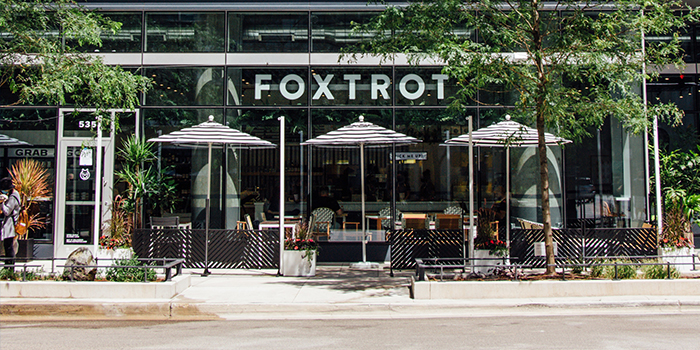
Foxtrot Raises $42 Million to Expand Into New Markets
Chicago-based retailer and café Foxtrot Market this week announced the close of a $42 million funding round to grow its store count and accelerate its ecommerce business.
The round was led by Almanac Insights and Monogram Capital Partners, with participation from Momofuku founder David Chang, Sweetgreen co-founder and chief concept officer Nicolas Jammet and former Whole Foods CEO Walter Robb. Jared Stein, co-founder and partner at Monogram, said Foxtrot is “leading the way in the long overdue re-platforming of the convenience channel.”
“The company was built for where the consumer is moving in terms of providing a small format store for all of a customer’s essentials, and a few bonus items that you can’t find anywhere else, elevating the curation with its own best-in-class proprietary offerings,” he said.
Founded in 2014, Foxtrot offers grocery items as well as a full-service café and wine shop. In January, the company launched nationwide shipping for curated gift boxes of packaged food, beverage and beauty items, featuring emerging brands like Stryve, Partake and Candid.
The investment lends itself to a “year of tremendous growth” for the company, CEO and co-founder Mike LaVitola said in a press release. The company expects to double its store count by the end of the year, adding nine locations in Chicago and Dallas and expanding to Washington, D.C. in March. The company also plans to grow its ecommerce offerings with the goal to establish itself as the “nation’s premier corner store.”
Foxtrot has also added several new members to its executive team: former Starbucks executive Sumi Ghosh as COO; Scott Holloway, who was previously head of brand partnerships and strategy at Instacart, as SVP, Delivery; and Sweetgreen’s former senior director of strategy Caroline Barry as VP, Strategy.

FDA, USDA and CDC State COVID Not Transmitted Through Food and Food Packaging
The U.S. Food and Drug Administration, U.S. Department of Agriculture and U.S. Centers for Disease Control and Prevention have released a statement declaring that, nearly a year after COVID-19 was declared a global health emergency, there is still no evidence that the COVID-19 virus can be transmitted through food or food packaging.
The statement said that the small amount of particles that could potentially be picked up from touching a surface are far fewer than those needed to contract the virus through oral inhalation. Therefore, the chances of contracting COVID-19 by ingesting food or touching food packaging is “extremely low,” the organizations said.
“Our confidence in the safety of the U.S. food supply remains steadfast,” the statement said. “Consumers should be reassured that we continue to believe, based on our understanding of currently available reliable scientific information, and supported by overwhelming international scientific consensus, that the foods they eat and food packaging they touch are highly unlikely to spread SARS-CoV-2.”
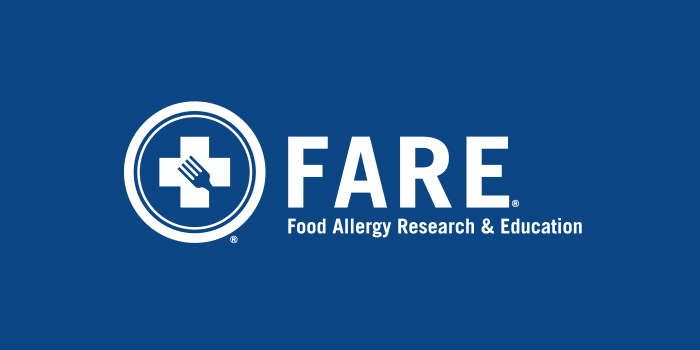
FASTER Act for Sesame Labeling Introduced to U.S. House of Representatives
This week, FARE (Food Allergy Research & Education) announced the introduction of the Food Allergy Safety, Treatment, Education and Research (FASTER) Act of 2021 by Rep. Doris Matsui (D-California) and Rep. Patrick McHenry (R-North Carolina) to the U.S. House of Representatives.
The FASTER Act calls for sesame to be labeled as an allergen on food packaging, making it the ninth good allergen the FDA would require to be declared on packaging. Approximately 1.6 million Americans are allergic to sesame, according to FARE. The group said in a press release that sesame is often listed as “natural flavor” or “natural spices” on ingredient labels, making it difficult for consumers to determine which products contain the ingredient.
In addition to the proposed labeling law, the bill also calls for the Secretary of Health and Human Services to identify opportunities in food allergy prevention, treatment and cures, and also introduces a framework for identifying further allergens recognized by the FDA.
The FASTER Act was originally introduced in April 2019. It passed the U.S. House of Representatives and a revised bill passed in the U.S. Senate in December of last year, but the legislative session expired before the House could vote on the revised bill. The original bill had over 90 bipartisan cosponsors in Congress.
“We are confident that support for labeling sesame will only grow in this new Congress,” Congresswoman Matsui said in a press release. “Food allergy families are truly resilient, and together we are working hard to make sure that this bill gets across the finish line.”
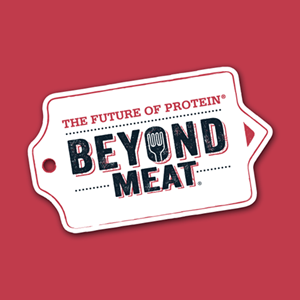
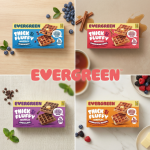















![[Updated] Oats Overnights Secures $45M Investment From Astō](https://d2azl42aua8mom.cloudfront.net/wp-content/uploads/2026/01/29172259/2026-01-29-oats-overnights-secures-45m-in-growth-equity-from-square-150x150.jpg)